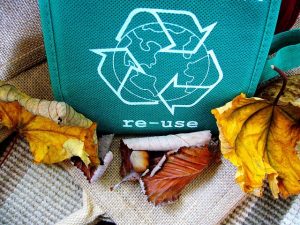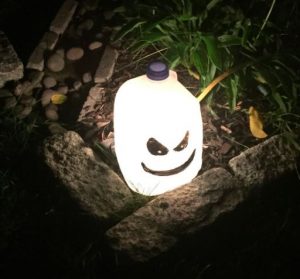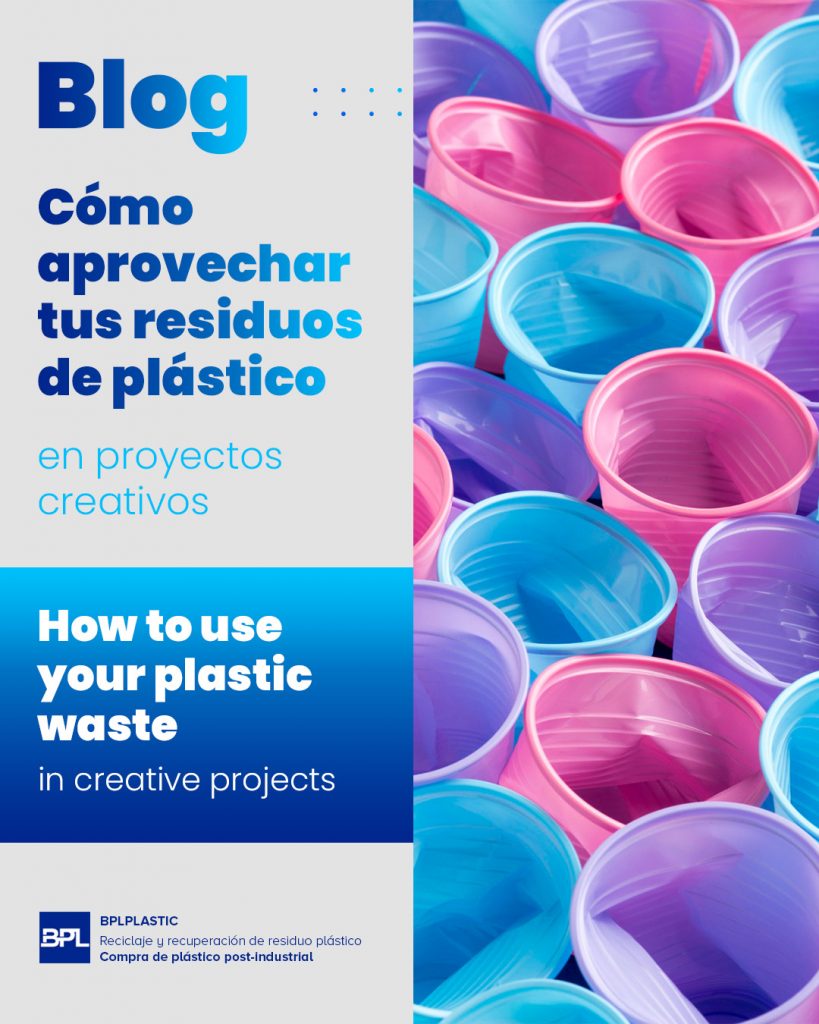Recycling plastic waste has become an excellent way to protect the planet and, at the same time, unleash creativity.
While many people associate recycling with industrial processes, there are numerous ways to reuse plastics at home or in art projects.
Transforming waste into useful, decorative or even functional pieces.
The importance of reusing plastic
Every year, millions of tons of plastic end up in landfills or in the oceans, seriously affecting ecosystems.
Reduce, recycle and reuse are the three “R’s” that can make a difference.

Reusing plastics not only reduces the amount of waste, but also reduces the need to produce new materials.
This implies lower consumption of energy and natural resources.
At Baidal, we promote the circular economy by recycling industrial and household plastics.
Demonstrating that every piece of plastic can have a new life.
Types of plastics that you can reuse
Before starting any creative project, it’s important to identify the types of plastic you have available.
-
PET (beverage bottles): Clear, durable, and easy to cut. Ideal for crafts and gardening.

-
HDPE (detergent or milk containers): Very durable and perfect for creating resistant objects.
-
PP (lids, straws, food containers): Flexible and lightweight, excellent for decorative pieces.
Knowing the properties of plastic will help you select the right material for the type of project you want to complete.
Creative ideas for reusing plastic waste at home
Here we share some simple but very effective ideas to give new life to your plastic waste:
Ecological pots
Cut plastic bottles in half, decorate them, and use them for your plants or herbs.

Handmade lamps
With PET bottles and a little paint you can create unique lamps for your home.
Organizers and boxes
Large plastic containers can be turned into practical office or toy containers.
Recycled jewelry
Melted plastic caps and pieces can be transformed into colorful necklaces, bracelets, or earrings.
Light furniture
With hard, durable plastics, you can build stools or small tables ideal for outdoors.
Thematic decorations
Halloween is coming up in a few days, and a great plan to do with the kids is to create special decorations for the occasion using plastic waste.


These initiatives not only reduce the environmental impact.
But they also encourage sustainable design and personal creativity.
How to integrate recycling into school or business projects
Environmental education or corporate social responsibility projects are an excellent opportunity to promote the reuse of plastic.
Schools, universities, and businesses can develop creative recycling workshops, sustainable design competitions, or plastic collection campaigns.
The future of recycled plastic
Plastic doesn’t have to be an enemy of the environment.
With responsible management, it can become a valuable raw material.
Technological innovation and civic engagement are driving the creation of high-quality recycled plastics.
Used in the automotive industry, construction and even fashion.
At Baidal, we advance this vision through advanced industrial recycling and plastics transformation processes, offering solutions that benefit both the planet and companies committed to sustainability.
Reusing plastic waste in creative projects is more than a trend. It’s a necessity for building a sustainable future.
With a little imagination and commitment, every piece of plastic can have a second chance.




